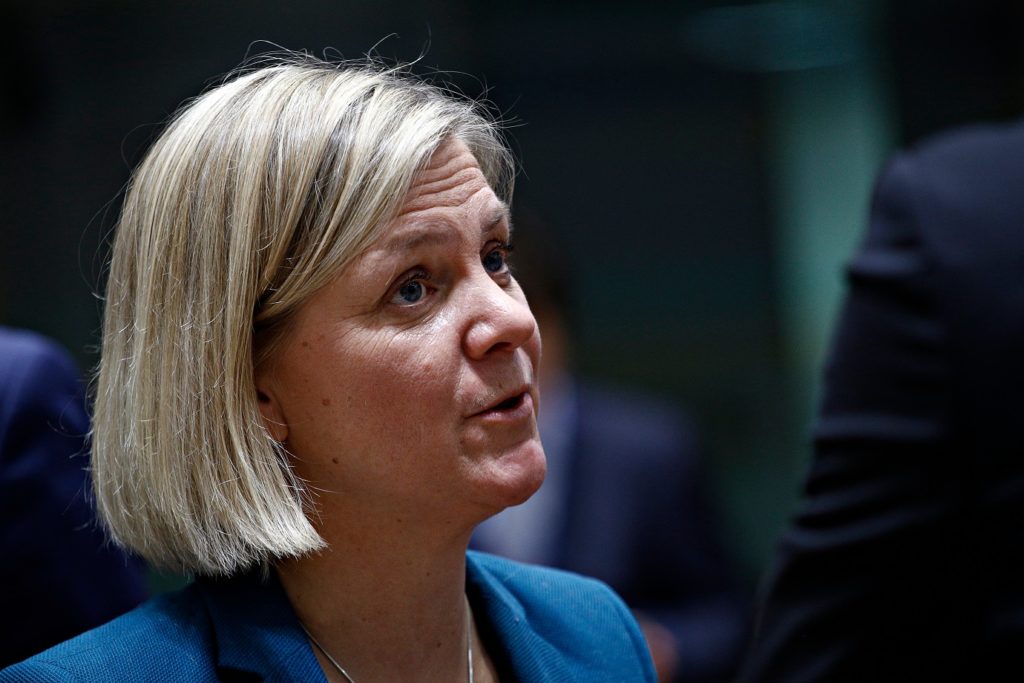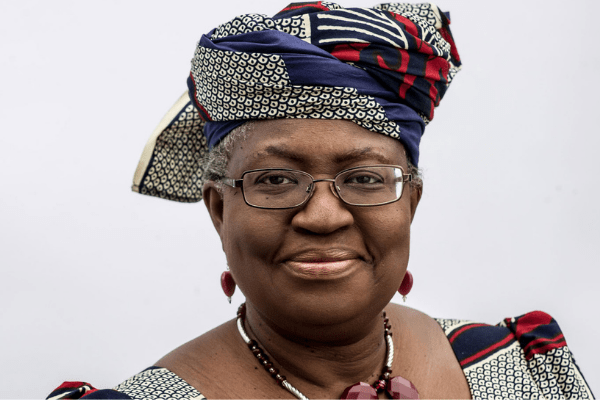The past year failed to deliver on many of the hopes and expectations we’d placed on it.
But there were a number of milestones reached for women highlighting how progress was still made, particularly in leadership.
We start the new year with an increasing number of female heads of state. Eight countries elected or swore in their first female head of government or head of state, a milestone noted by UN Women this week.
We saw Fiamē Naomi Mata’afa (pictured above) elected as the prime minister of Samoa in may, Robinah Nabbanjha as PM of Uganda in June, and Najla Bouden Ramadhane as the first woman to lead a country in the Arab region when she became PM of Tunisia in September. In Barbados’ first presidential election in October, Sandra Mason was elected President.
Other countries to have had a female head of state elected or sworn in included Sweden with Magdalena Andersson, as well as in Honduras with Xiomara Castra (who will take office in 2022)

UN Women described 2021` as “overall, a good year for women in politics”. It noted Albania as achieving a massive 70 per cent female Cabinet, Kosovo and Iraq as exceeding its parliament gender quota, and Germany getting a gender-equal cabinet for the first time.
Internationally elsewhere, Ngozi Okonjo-Iweala was named as the first African and woman to head up the World Trade Organisation.
These were excellent developments in international women’s leadership. But again, the progress remains slow. At this rate, we’re still more than 100 years from achieving anything close to gender parity when it comes to those leading countries.

In Australia, 2022 starts with expectations on a major shift in politics.
There’s a Federal Election due within months, and a number of female independents emerging to bring a stronger focus on issues including climate change and integrity into parliament. Plus, we have the tectonic shifts of the past year. As Blair Williams recently wrote in The Conversation, the #MeToo movement came to Australian politics in 2021: with Grace Tame named Australian on the year and taking Scott Morrison to task, former Liberal staffer Brittany Higgins going public with allegations she was raped by a colleague in Parliament House, Christian Porter being accused of a historical rape (which he denies) and thousands of Australians participating in the March4Justices rallies across the country. Thanks to Kate Jenkins and the Set the Standard report, 2021 also saw data on the extent of sexual harassment in Parliament widely reported, along with 28 expert recommendations for change, including to set a target for gender balance in parliament.
Elsewhere and locally in business, 2022 begins with some miles. The proportion of female CEOs leading remains dismal (just one of 23 such appointments went to a woman in the 2021 financial reporting season) but there has been a little more movement at the board level, where more than a third of ASX 200 board positions are held by women, 34.2 per cent as of the end of November 2021. Female-led startups meanwhile are setting new examples of what success can and should look like across almost all industries. More large employers are taking note of what it means to offer a family-friendly workplace, particularly in offering gender-neutral and label-free paid parental leave.
There are things to be optimistic about in 2022. And it’s only just beginning.

